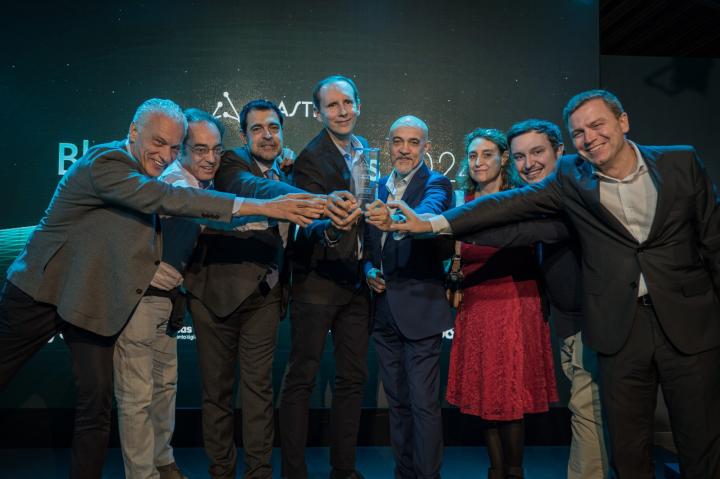AI in healthcare: between dream and action
AI in healthcare: between dream and action
Roundtable discussion
Creation date :
Healthcare has AI on its radar. There is great interest in the many technological possibilities, but there are also many questions and challenges. Inetum and Microsoft organized a roundtable with various actors in the sector, including Familiehulp, i-mens, UZ Gent, UZA and ZAS, to discuss how healthcare currently views AI.
Right at the start of the discussion, it came up: AI is still largely unexplored territory. Today, there are mainly a few people who are experimenting with it. More framework can undoubtedly provide faster progress. The new Network and Information Security Directive (NIS2) can contribute by putting more focus on data management and governance. No matter how you spin it, data and AI are two sides of the same coin. The industry is looking for ways to better handle data. In this regard, AI and GenAI present both opportunities and threats.
The question is whether you first need to have your data management in order before you can start using AI, which may mean missing opportunities. On the other hand, experimenting with AI without solid data governance can lead to inefficiency. There is much to be said for an upper-level structure, such as a data office, where data specialists address AI issues. Of course, there is also the everyday reality and often hospitals lack the necessary resources to effectively implement good ideas for AI projects.
More collaboration between hospitals and other healthcare actors on data exchange could help, but it does not always turn out to be as easy in practice. A universal data platform, a single source of truth, is also not evident. For example, not all data can be forced into a binary straitjacket, and furthermore, confidentiality is essential in this context.
The fragmented landscape of health data therefore remains a major challenge. The debate on AI repeatedly demonstrates the importance of data structure, quality and management. To effectively deploy AI, there must be clarity about the data. In addition, human validation remains necessary. Doctors and caregivers must remain critical and not just focus on efficiency and time savings.
Everyone agrees that AI offers healthcare many possibilities for remote monitoring, data collection and analysis. This allows patients to avoid having to travel to the hospital for simple readings. The first applications were perhaps still in a gray area, but today hospitals have already worked out the right processes for this.
The discussion shows that data exchange is essential, especially for research, but that it is often still a threshold, and whereas certain choices have already been made, it’s never too late to integrate. AI can facilitate this. Finally, health organizations are also calling for more openness, including not only sharing success stories but also discussing failed AI experiments.
Download the full roundtable report!
Would you like to discuss this topic further with us? Or would you like to take part in a roundtable with peers in the industry to exchange ideas on certain topics? Let us know! Our experts will partner with you. Dowload the report here.


